
Another controversy involving Amazon Prime Video has reignited a debate among film afficianados who are asking “can you really trust streaming services to deliver the films you love in their original, unedited form?” Fans of Ridley Scott’s Robin Hood (2010) starring Russell Crowe answered that question with a resounding “no” last week and sounded another wake-up call for anyone who has hit the snooze button again, but claims to care about film preservation.
The Missing Message
The uproar began when y TikTok user @theshannonduke0 shared a post shared on Monday (May 5), and other viewers noticed something strange about Robin Hood on Amazon Prime Video in the U.S.: the film’s opening anti-authoritarian quote was missing. The original text, “In times of tyranny and injustice when law oppresses the people, the outlaw takes his place in history,” had simply vanished from the version available to American audiences. This omission led to widespread speculation online. Was this a technical mistake, a cost-saving move, or something more deliberate?
Click the image below to watch a side-by-side comparison of the original Bluray and Amazon Prime in the USA (Ireland’s version apparently did not omit the text):
Although first reported more than a week ago, Amazon still has not issued a public statement directly addressing the incident. In absence of an official statement, reports have suggested it may have been a technical error-possibly the result of uploading an international “textless” version of the film, which is sometimes used for localization. Still, many film fans remained skeptical. After all, why does this keep happening, and why does it take public outcry for these issues to be fixed?
Not an Isolated Case
Robin Hood isn’t the only film to experience mysterious edits on streaming platforms. According to many user reports, The Passion of the Christ has also appeared on Amazon Prime without its opening Bible verse in some versions. Other movies and shows, such as Sin City, The Thin Blue Line, and even Sleepers, have also been reported to stream in edited or censored forms on Amazon Prime, sometimes missing important scenes or lines. In some cases, even music and aspect ratios have been altered, changing the feel and intent of the original work.
These edits are not always publicized, and rarely flagged, with viewers unknowingly watching a modified version. Sometimes, the cuts can be due to rights issues or technical mistakes, but other times, the reasons are unclear. Whether diabolcal, or well intended, the result is the same: audiences don’t get the movie as it was meant to be seen.
Amazon Isn’t the Only Culprit
And Amazon isn’t the only streaming platform that’s been quietly modifying classic movies. Disney+ has drawn similar criticism for editing its own library in ways that sometimes go largely unnoticed by viewers. For instance, Disney+ has censored scenes in A Goofy Movie (1995), altering moments deemed “too suggestive,” even removing a shot of Goofy’s pants falling down. The platform has also edited older films like Fantasia (1940) over “racial insensitivity,” and racial slur was cut from some digital versions of The French Connection (1971), sparking widespread debate about rewriting cinematic history without bothering to inform the viewers.

Even mature content isn’t immune: Aladdin, episodes of Bluey, The Simpsons, Marvel shows, and much more have all been quietly altered (or temporarily removed) ostensibly to align with “modern standards.” In some cases, Disney has opted for trigger warnings, like those now shown before Peter Pan and Dumbo, but this trend of quietly editing or omitting scenes underscores a growing concern: when you rely on streaming, you’re trusting corporations to preserve film history accurately. For movie lovers, this is yet another reason why owning physical media. or making digital copies of your digital media, remains the safest way to ensure you experience movies as their creators intended.
Why Physical Media Still Matters
This string of incidents is a powerful reminder: if you care about movies, physical media is king. Blu-rays, DVDs, and even those old VHS tapes can’t be silently updated, swapped, or censored by a streaming service or distributor. When you own a physical copy, you control your viewing experience, and you know you’re getting the original version, not a quietly altered one.
As one Reddit user put it, “Situations like this reinforce my decision to digitize my physical media. It ensures that no one can randomly remove it just because it might upset someone”. Another added, “This is precisely why 4K Blu-rays are essential”.
 “Before the dark times, before Disney”
“Before the dark times, before Disney”The Bottom Line
Streaming is convenient, but it comes with risks-especially for film aficionados who care about artistic integrity and historical accuracy. This Robin Hood incident is just the latest example of how easy it is for a movie to be changed, censored, or even lost in translation when you rely solely on digital platforms.
So, if there’s a film you love, don’t just stream it. Buy it. Keep it. Rip it to digital as a back-up. Because when it comes to preserving the movies that matter, physical media isn’t just nostalgia – it’s become a necessity.
***



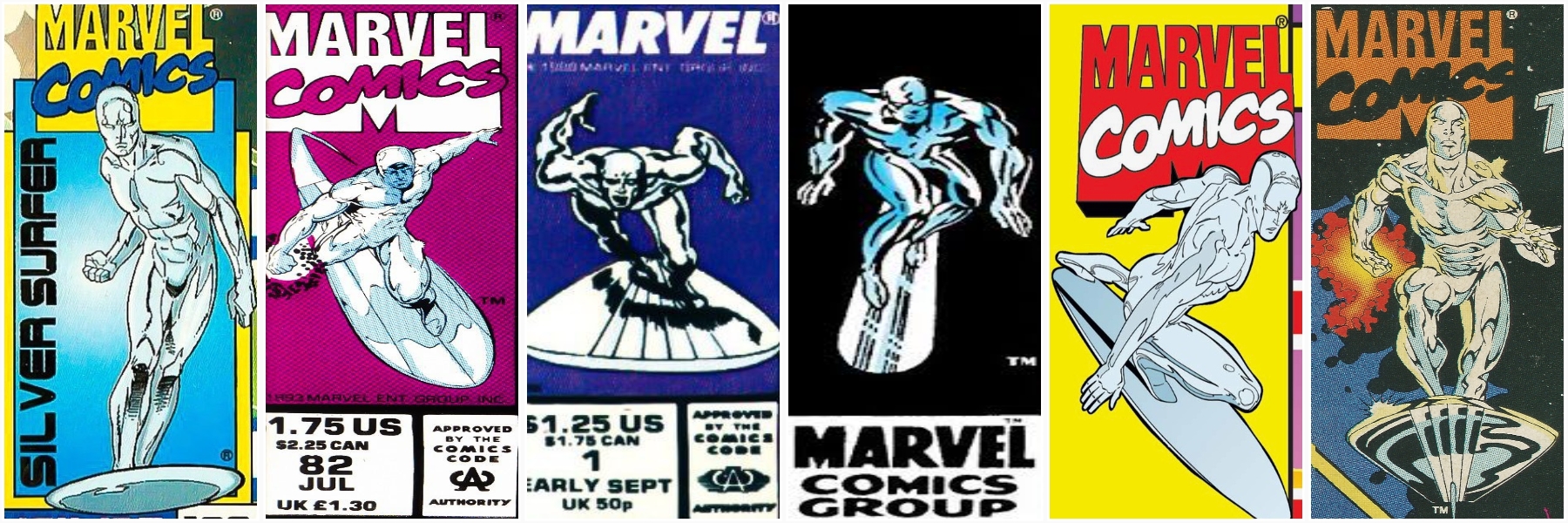
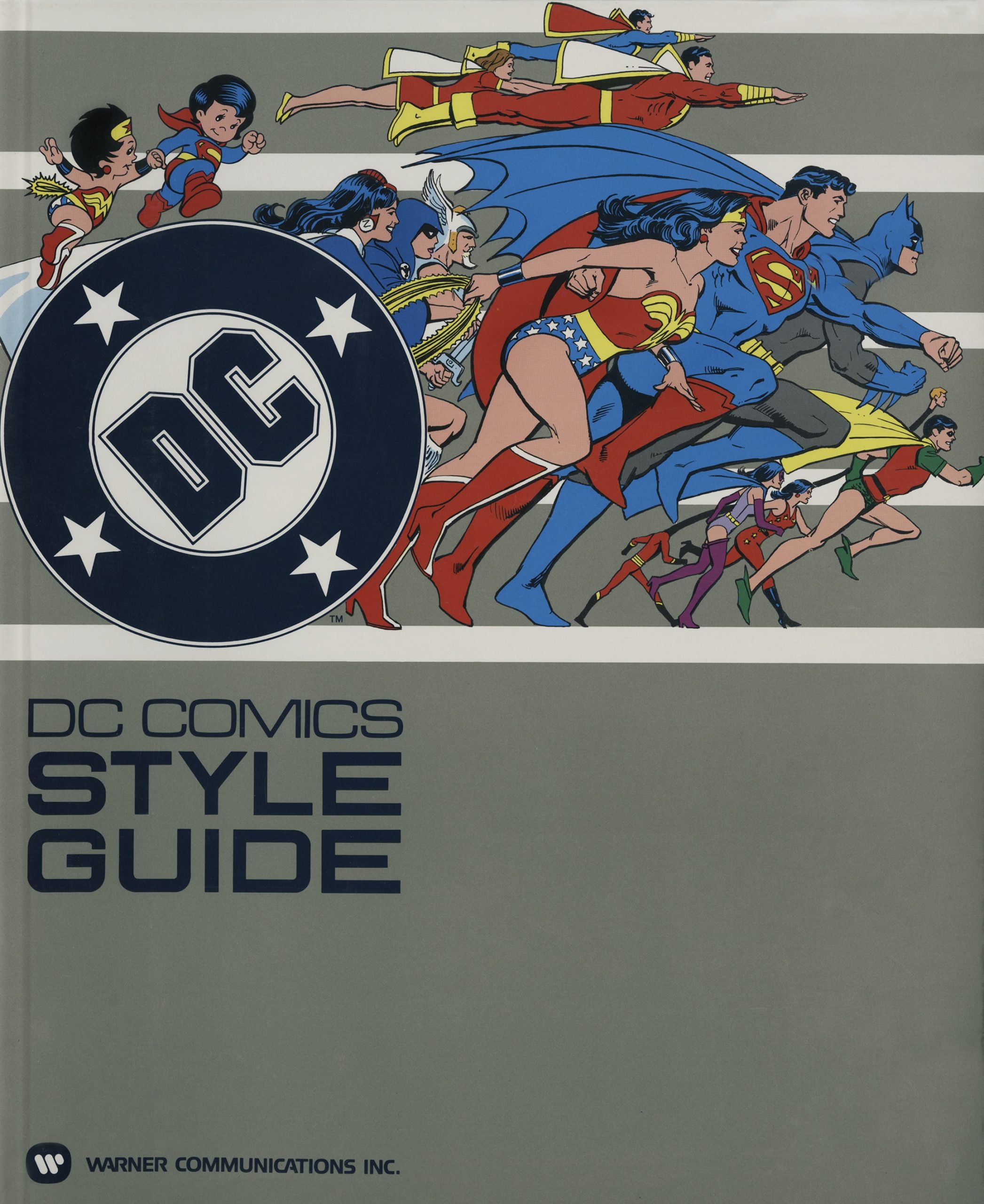







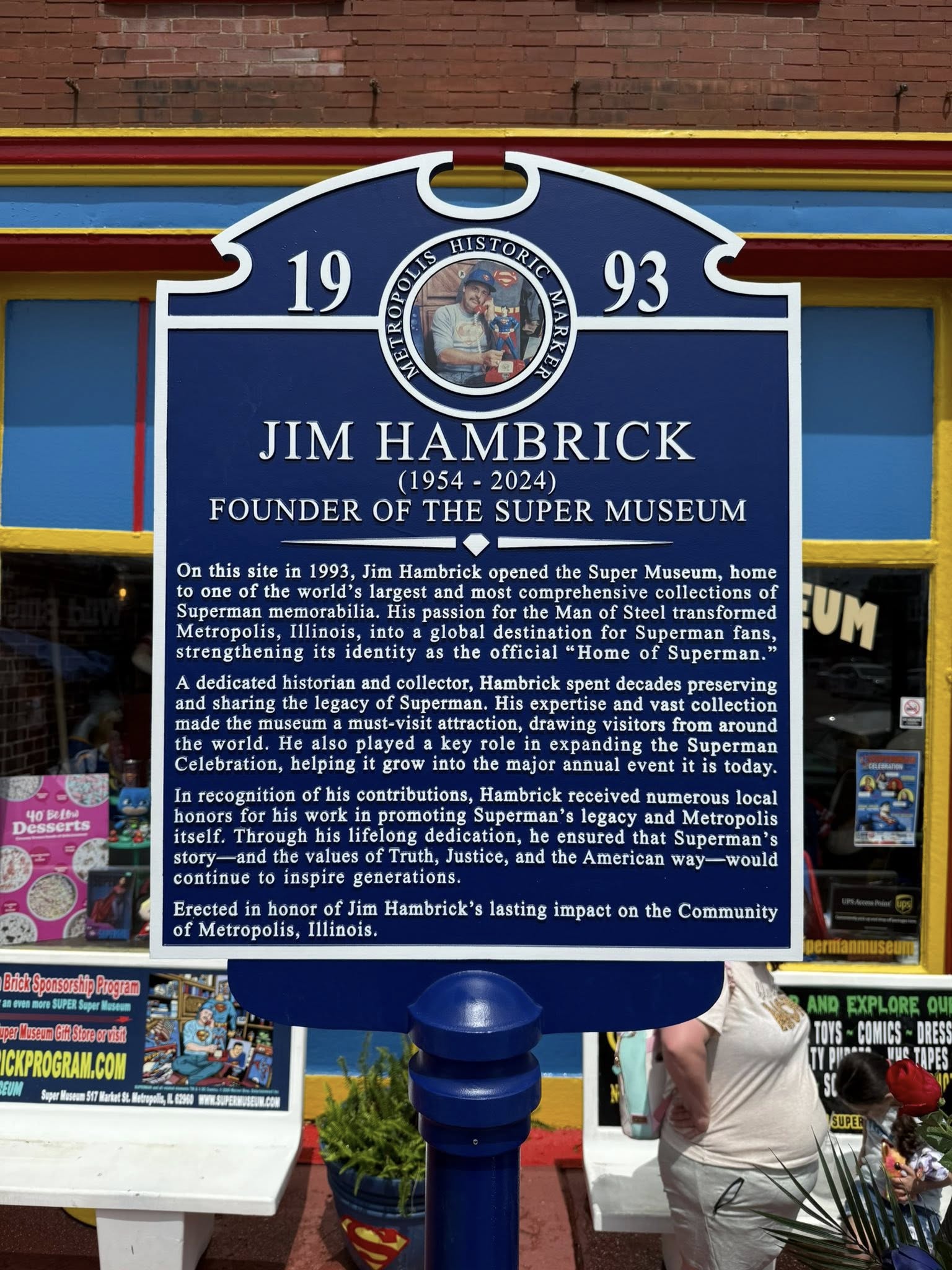



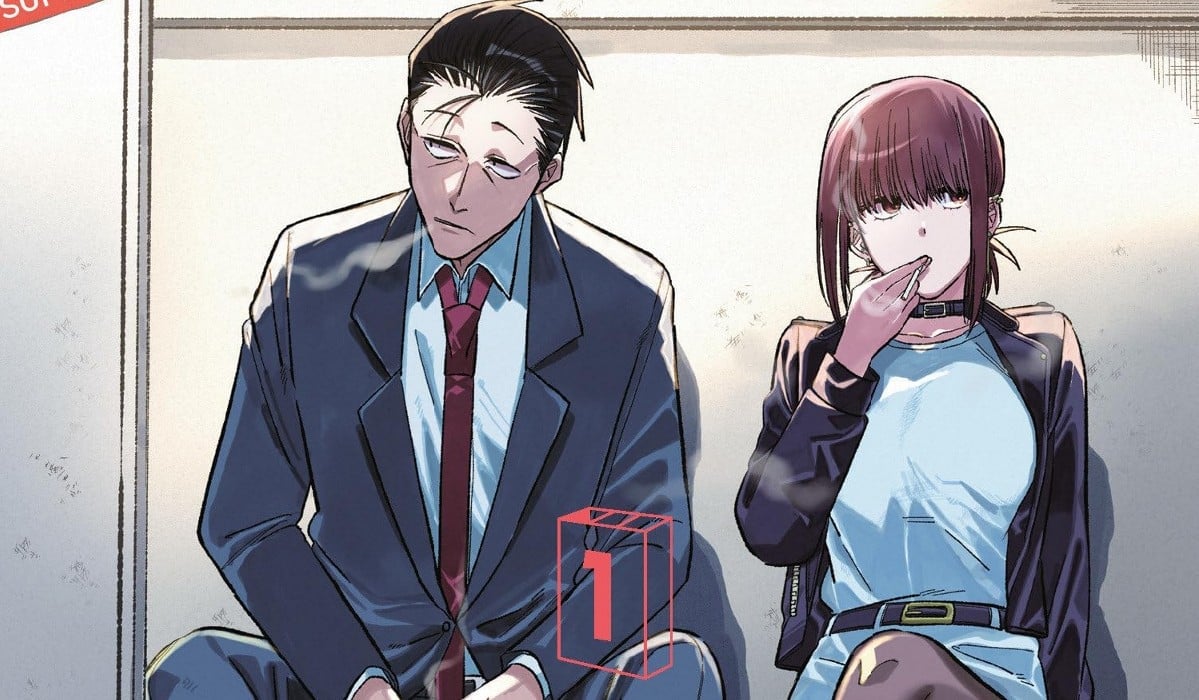

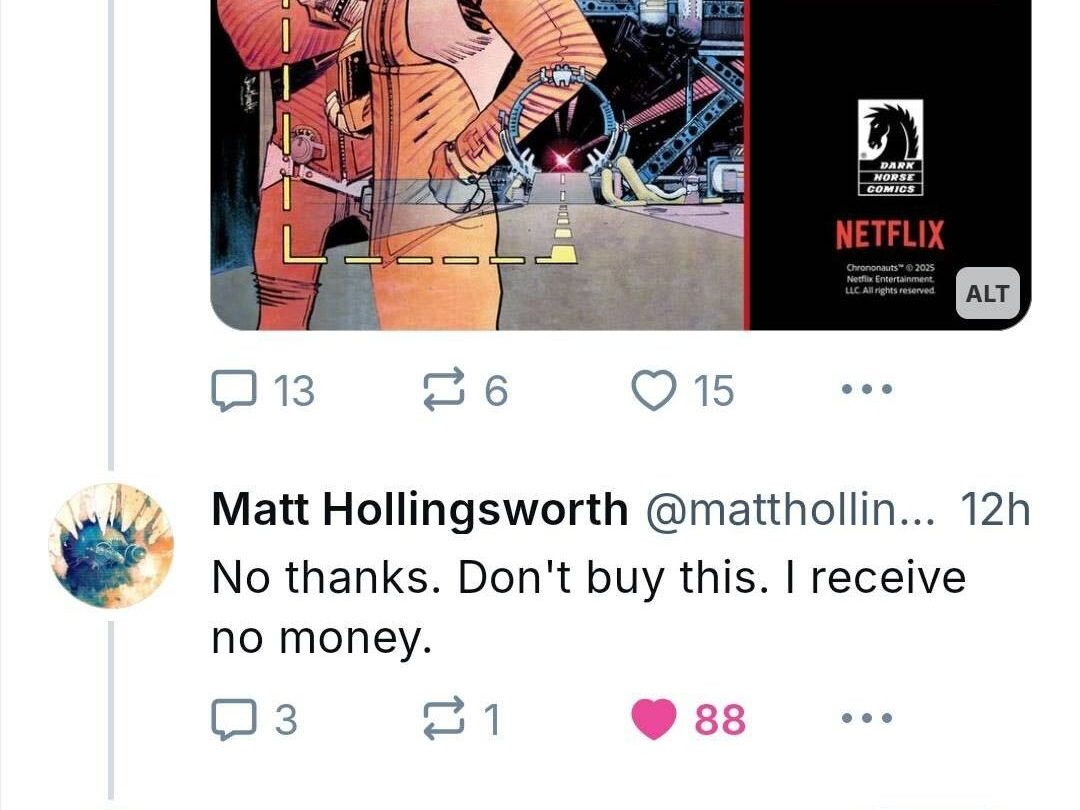

 English (US) ·
English (US) ·